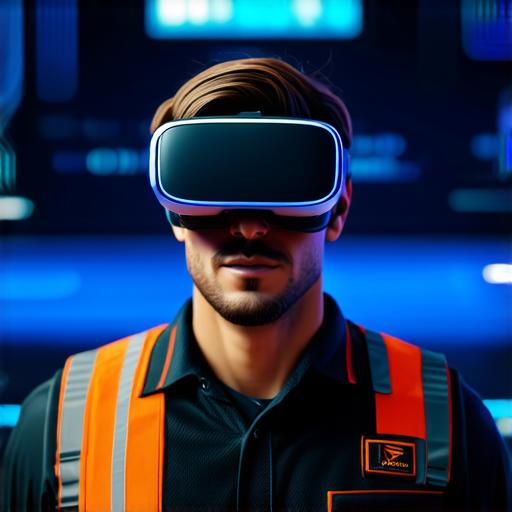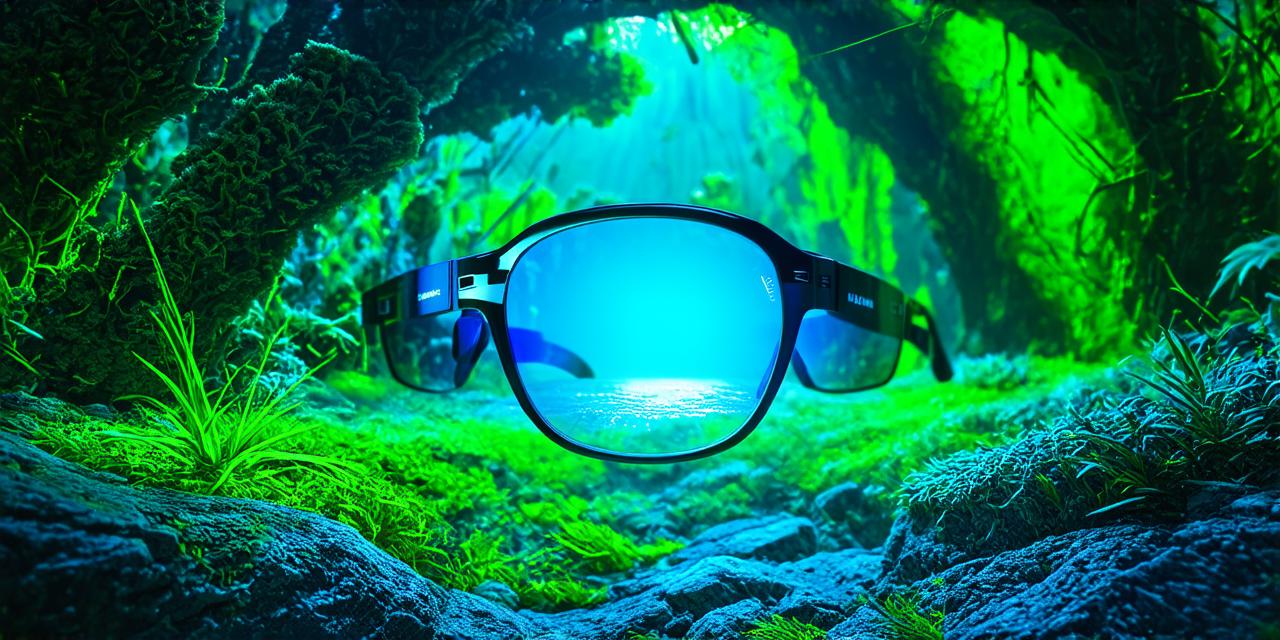
Virtual reality (VR) technology has been rapidly advancing over the past few years, and its applications have become increasingly diverse. This article will explore some of the key areas where VR is being used, from entertainment and gaming to education, healthcare, and beyond.
Entertainment and Gaming:
Virtual reality has revolutionized the gaming industry by allowing players to fully immerse themselves in a game’s world. With VR headsets and controllers, players can move around freely within the game environment, interact with objects and characters, and experience things that would be impossible in real life.
This has led to the creation of new types of games, such as first-person shooters, adventure games, and even virtual reality experiences that recreate real-world environments like museums or amusement parks.
Education:
Virtual reality is also being used in education to enhance learning and make it more interactive. With VR, students can virtually visit historical sites, explore the solar system, or even practice dissection without harming animals.
This technology allows students to gain hands-on experience and knowledge in a safe and controlled environment, making learning more engaging and effective.
Healthcare:
Virtual reality is being used in healthcare to treat a wide range of conditions. For example, it can be used to help patients overcome phobias or anxieties by exposing them to virtual environments that simulate real-life situations.
It can also be used for pain management, as the immersive nature of VR can distract from physical discomfort. Additionally, VR is being used in physical therapy and rehabilitation to help patients regain mobility and strength.
Training and Simulation:
Virtual reality is being used in a variety of industries for training and simulation purposes. For example, pilots can use VR simulations to practice flying in different weather conditions or emergency situations.
Medical professionals can use VR simulations to practice surgeries or other procedures, allowing them to gain experience without risking patients’ lives. And military personnel can use VR simulations to train for combat scenarios, allowing them to prepare for real-life situations without putting themselves or others at risk.
Advertising and Marketing:
Virtual reality is also being used in advertising and marketing to create immersive experiences that grab customers’ attention. With VR, companies can showcase their products or services in a virtual environment that allows customers to see and interact with them in a more meaningful way.
This technology can also be used for product demonstrations, allowing customers to see how a product works before they buy it.
In conclusion, virtual reality technology has a wide range of applications across various industries. Whether it’s entertainment, education, healthcare, training, or advertising, VR is providing new and innovative ways to experience the world around us. As the technology continues to evolve, we can expect to see even more exciting and diverse applications in the future.



